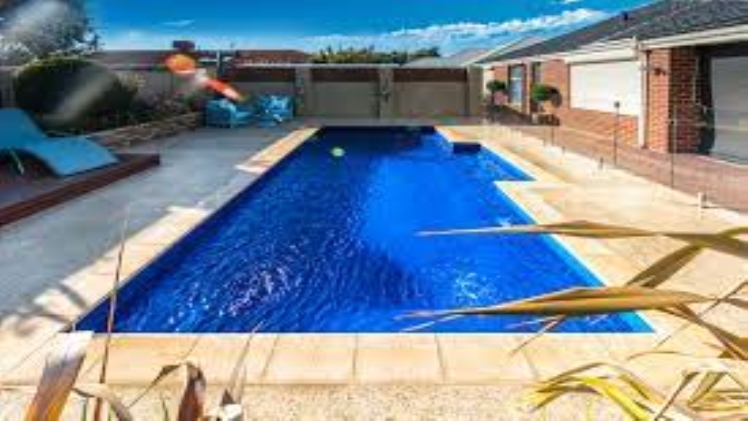For the lucky person who has or is building a pool at home, this means that you need to make sure everything is normal and ready for the hottest months of the year. Having a swimming pool is not only fun and relaxation but also cost and maintenance. So not everyone can afford to build a stationary concrete swimming pool, as it is a costly process.
That’s why a more affordable option is a ready-made pool that does not require preparatory installation work. But before purchasing your swimming pool, you should familiarize yourself with the structure of the pool and the environment in your area. Even more, there are several guidelines to consider before purchasing a ready-made swimming pool, so please read this guide from top to bottom.
Swimming Pool Dimensions:
The size of the pool largely determines what it is intended for: for training in swimming, for health and recovery swimming, for water aerobics, for training with children.
Choose a swimming pool with more lanes so you can swim more comfortably. With a small congestion of the pool, it will be possible to divide the lanes between the visitors or agree to take the lane in turn. It will be great if the paths are fenced off from each other by special non-sinking. For sports training, a 25-meter pool is suitable, as it is easier to train in it due to the optimal duration of the swim.
Exterior Design:
Fencing, paving, landscaping and pumping equipment may equal the cost of the pool. Whether you are interested in a wood deck, composite decking, paving stones or stone, slip resistance and maintenance are the most critical factors.
Consideration should be given to how much space you need to play around and whether your pool environment will match your existing style and design, as this may dictate the thickness of the material you need to use.
Check the Nature of Water Exchange:
By the nature of water exchange, the pools are divided into:
- Recirculation type, in which water is constantly circulated and purified through a filter;
- Flowing style, where water continually flows and immediately partially flows out;
- Swimming pools with periodic water changes, where the water changes at the end of the day, completely renewing itself.
It is best to choose recirculating swimming pools. They purify water best of all and do not use severe chemicals for cleaning, as in flow-through pools, where you immediately need to disinfect a large amount of water for a long time.
Know the Swimming Pool Depth:
Most swimming pools have a combined depth; in one part, it is more profound; in the other, it is shallower. As a rule, the initial depth of the pool is equal to the chest level of an average person, that is, about 1.35-1.4 m.
But there are swimming pools in which the minimum depth is about 2 meters. This must be considered when choosing a swimming pool, especially if excellent swimming qualities do not distinguish you.
Swimming pools designed for diving will be more profound than standard sports options since more depth is needed to dive under the water safely. Such pools in depth can reach 4 or even 5 meters, depending on the maximum height of the tower.
Finishing the Pool Bowl:
By the type of finishing of the bowl, the pools are tiled, film, mosaic, polypropylene and fiberglass. Most often, fitness centers decorate their swimming pools with special tiles since they have a minimum percentage of water absorption.
Conclusion Remarks:
Most people associate swimming with wealth. Previously, only the rich were available to such excesses. But the congestion and pollution of public bathing areas have led to an increase in the popularity of artificial reservoirs. So you should buy a swimming pool by considering the above factors.
Visit The Site: Pii-email

